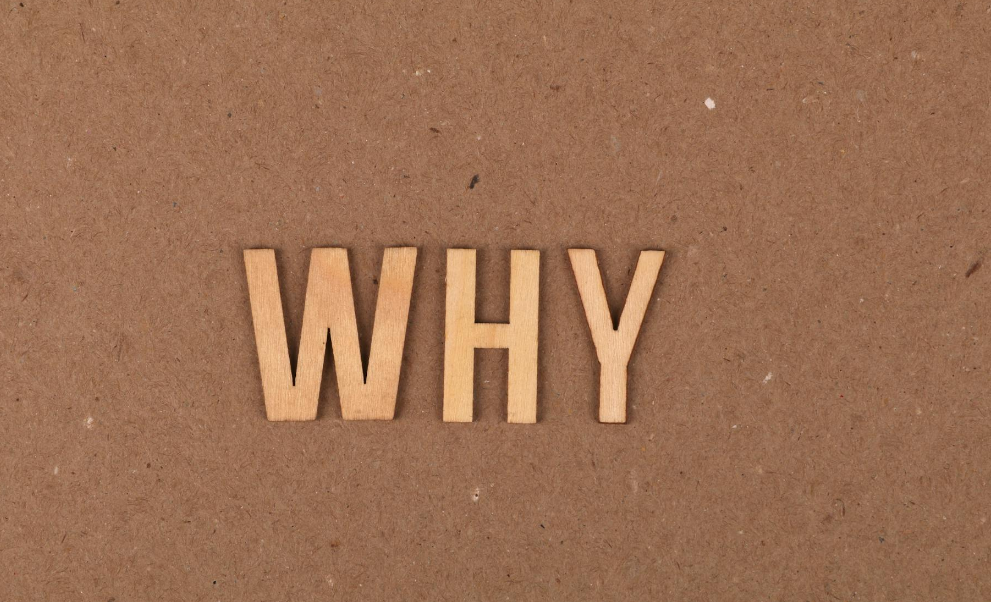The Silent Killer: Understanding and Navigating Stonewalling in Relationships
Imagine this. You’re driving home from a delightful family get-together, your heart light with the memory of pleasant exchanges with relatives. Then, an innocent remark you make triggers an unexpected mood swing in your partner, resulting in a sharp descent into a painful, unnerving silence for the rest of the journey. You ask yourself, “What did I say wrong? Must I censor every word I utter?” You, my friend, are caught in the tumultuous waves of the silent treatment, a psychological phenomenon also known as stonewalling.
Stonewalling is the act of consciously withdrawing from a conversation, ceasing communication to create an emotional gap between individuals. This tactic is often used during arguments, manifesting as the infamous silent treatment. However, far from being a harmless, petty disagreement, this behaviour can inflict serious emotional harm on the receiving end.
The person facing stonewalling often grapples with feelings of frustration, anger, and confusion. It can erode their self-esteem and instil a sense of trust deficiency within their relationship. But what causes this painful communication barrier in the first place?

The Roots of Stonewalling
Contrary to common assumptions, stonewalling is not necessarily a product of malicious intent. Rather, it’s an outcome of deeper emotional intricacies rooted in fear, anxiety, and frustration. Some of the primary reasons why someone may resort to stonewalling include:
- A general inclination towards avoiding conflicts due to emotional passivity.
- An attempt to alleviate tension in high-stress situations.
- Fear of the topic at hand or the partner’s reaction.
- The belief that their partner lacks the interest to resolve conflicts.
- Using stonewalling as a manipulative tool to gain control.
- As an extreme measure to escalate the situation or terminate the relationship.
Often, stonewalling is a behavioural pattern most likely developed during childhood. Moreover, it can inflict not just emotional but also physical harm. Research has linked stonewalling with cardiovascular symptoms such as increased blood pressure, rapid heart rate, and tension headaches.
The Way Forward
While stonewalling can be a damaging hurdle in any relationship, it’s not insurmountable. It calls for open, honest communication, and a willingness to address and correct harmful patterns. Couple’s counselling can be a powerful tool in this endeavour. It aids in recognising signs of stonewalling and formulating healthier communication strategies.
However, if one partner resists counselling, individual therapy can still be beneficial. A mental health professional can guide the affected individual towards effective coping strategies. In extreme cases, if no resolution seems possible, it may be necessary to consider options like trial separation or even an end to the relationship.
Stonewalling may seem like an impregnable fortress, a silent killer lurking in your relationship. However, by understanding its roots and addressing it effectively, you can dismantle this wall brick by brick, fostering healthier communication and a more harmonious relationship.
Discover more from mindstrengthorg.in
Subscribe to get the latest posts sent to your email.

The Lost Art of Common Courtesy:.
How Acknowledging Others Can Strengthen Relationships There was a time when good manners were not just.
Read More
Embracing the Unanswered Whys
Transforming Questions into Growth and Connection Life often feels like a complex puzzle, with pieces that.
Read More

0 Comments
Great post, thanks.
Thanks